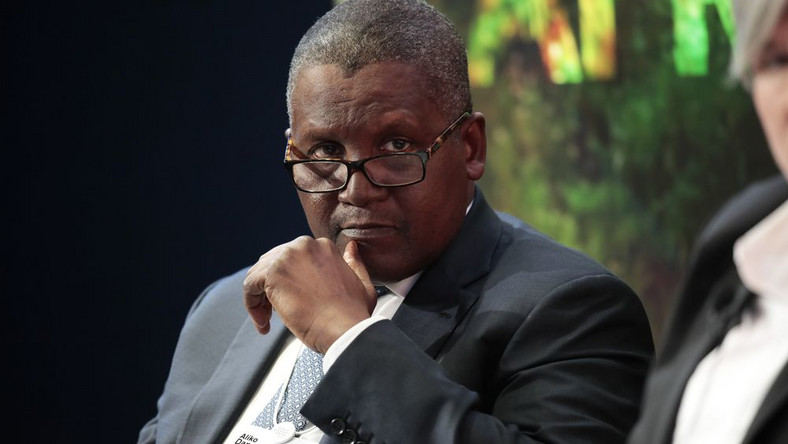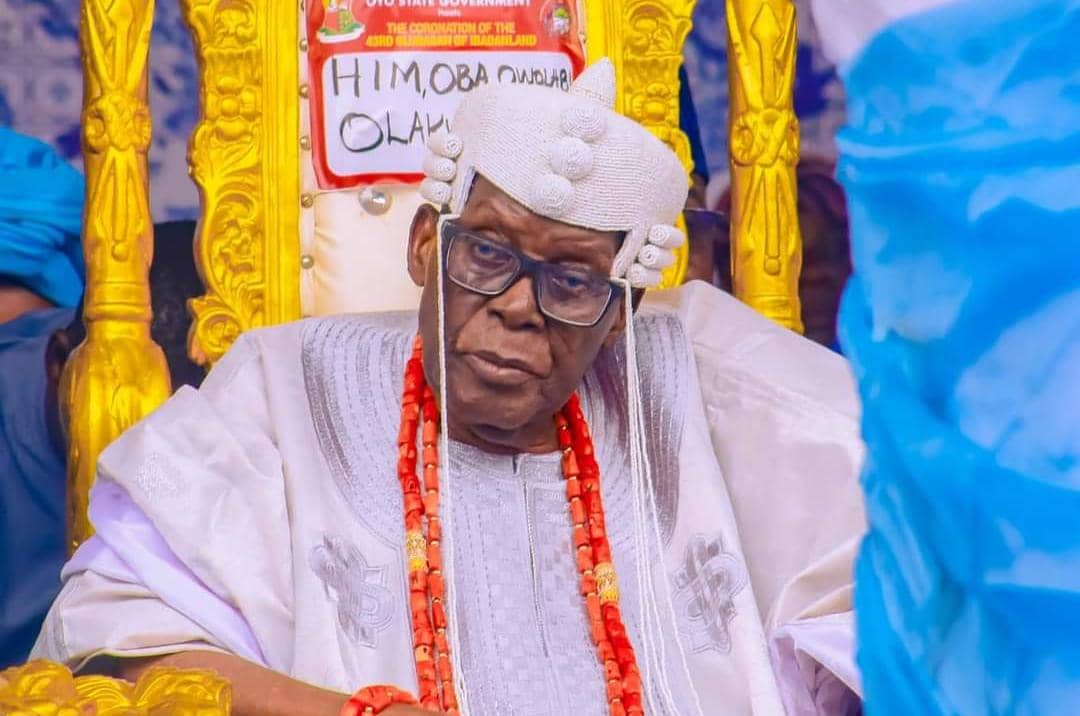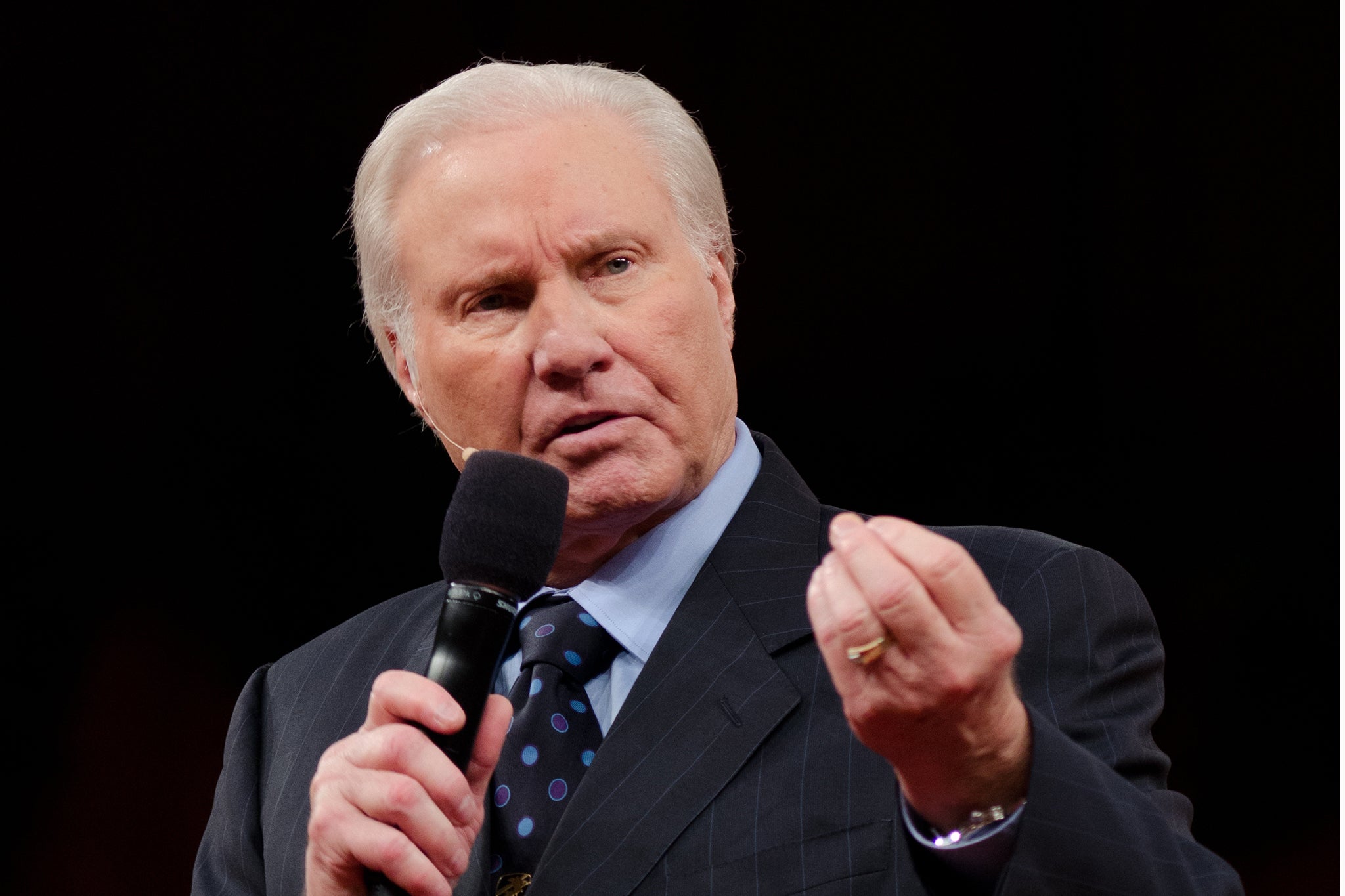Personality in Focus
Forbes Confirms Dangote Africa’s Richest Man, as Otedola Returns to Billionaire List

After a six-year hiatus, Nigerian business magnate, Femi Otedola, has returned to the Forbes Africa list of the richest people, landing at No. 20 position with a fortune of $1 billion.
Otedola’s comeback marks a significant milestone. He last graced the Forbes Africa list in 2017 with his controlling stake in fuel distributor – Forte Oil.
However, a strategic shift saw him divest from oil and embrace the energy sector. In 2013, he used a Forte subsidiary to acquire Geregu, a public power generation plant and capitalised on its privatisation.
According to Forbes, Otedola’s 73% stake in Geregu is valued at over $850 million, forming the backbone of his fortune.
“He owned about 90% of Geregu when it was listed on the Nigerian exchange’s Main Board in 2022, but has since sold shares to institutional investors, which include Afreximbank’s Fund for Export Development in Africa and the State Grid Corporation of China,” Forbes said.
“His 73% stake in Geregu is worth more than $850 million, about three-quarters of his $1.1 billion fortune, which puts him at No. 20 on the list.”
Forbes added that despite Otedola’s rise, the overall wealth of African billionaires dipped slightly compared to last year. This reflects the global economic slowdown, but it’s important to note that African billionaires still fared better than their global counterparts, who saw a 4% decline.
“After taking Otedola’s comeback into account, Africa’s billionaires dipped slightly, but still fared better than the decline of 4% last year, when African markets faded in sync with equity values around the world. This year, African equities joined a late-year global rally, with the S&P All Africa index rising 10% in the final two months of 2023 but still ended down more than 9% in the 12 months through January 8, 2024,”
The magazine stated that “the continent remains one of the world’s toughest places to build – and hold onto – a billion-dollar fortune, as global investors remain leery of its stock exchanges, businesses struggle against strained economies, poor infrastructure and volatile exchange rates while changing political winds can make, boost or bust private fortunes.”
Meanwhile, Nigeria’s Aliko Dangote remains Africa’s richest man, with his fortune rising to $13.9 billion from $400 million, claiming the top spot for the 13th year in a row, despite political uncertainty following the February presidential election and a naira devaluation in 2023 that offset Dangote Cement’s rising share price.
The top three spots are rounded out by South African luxury goods magnate Johann Rupert held onto the No. 2 spot with $10.1 billion, down from $10.7 billion in 2023 as shares of his Compagnie Financiere Richemont–maker of Cartier watches and Montblanc pens – slid. South African Nicky Oppenheimer, who formerly ran diamond mining firm DeBeers before selling it to mining firm Anglo American a decade ago, ranks No. 3 with $9.4 billion, up $1 billion from 2023.
Interestingly, 13 of the 20 billionaires on the list saw their fortunes increase, while seven saw their net worth decline. The biggest decline on this year’s list belongs to Algerian industrial magnate Issad Rebrab, who was barred by a court in May from exercising any commercial or management duties at his conglomerate, Cevital.
Rebrab, who denied any wrongdoing, had previously served 8 months in jail on corruption charges until his release in January 2020. Rebrab, who shares the wealth with his wife and five children, including his son, Malik, who took over as CEO in 2022, saw his net worth fall by almost half to $2.5 billion.
The biggest gain belongs to Egypt’s Nasseff Sawiris, who added $1.4 billion to $8.7 billion thanks to a rise in Addidas shares (he owns about 6%), as well as dividends from the German sneaker company and family conglomerate OCI.
This year, South Africa claims six spots on the ranking, followed by Egypt with five and Nigeria with four. Algeria, Tanzania and Zimbabwe each have one billionaire on the list, while Morocco has two.
Personality in Focus
Olubadan of Ibadanland, Oba Olakulehin, Dies at 90

The Olubadan of Ibadanland, Oba Owolabi Olakulehin, has died. He was aged 90.
Oba Olakulehin, who ascended the throne in July 2024, died in the early hours of Monday, July 7, 2025, after spending a year on the throne, and two days after his 90th birthday
Oba Olakulehin received the staff of office from Oyo State Governor Engr. Seyi Makinde, on July 12, 2024, as the 43rd Olubadan of Ibadanland.
Oba Olakulehin ascended the throne from the chieftancy rung of Balogun Olubadan, following the demise of Oba (Dr.) Moshood Lekan Balogun, Alli Okunmade II, who died at the age of 81 years on March 14, 2024.
Personality in Focus
Things Fall Apart Festival 2025: Chimamanda Adichie Calls for Igbo Unity, Honoured by ATPN

Global literary icon, Chimamanda Ngozi Adichie, has been inducted as an Honorary Fellow of theAssociation of Tourism Practitioners of Nigeria (ATPN), in recognition of her remarkable contributions to promoting Nigeria’s cultural identity through literature. Her works, which have earned worldwide acclaim, continue to project Nigerian—and particularly Igbo—culture on the global stage.
The honorary induction took place during the Things Fall Apart Festival (TFA) 2025, held in Enugu and organized by the Centre for Memories – Ncheta Ndigbo, with endorsement from the National Council for Arts and Culture (NCAC) and the ATPN, and in partnership with iTour Africa. The festival is a celebration of the legacy of Chinua Achebe’s timeless novel, Things Fall Apart.
Adichie, who chaired the festival, delivered a stirring address that emphasized the urgent need for unity and cultural pride among the Igbo people. Also present at the event were several dignitaries including Sir Ike Chioke, Managing Director of Afrinvest; Sir Emeka Mba, former DG of the Nigerian Broadcasting Commission and founder of Afia TV; and celebrated actor Chief Nkem Owoh (Osuofia).
Speaking on behalf of ATPN National President Omo-Oba Adetunji Femi Fadina, the association’s Deputy President II, Wilson Uche Ugwu, emphasized the vital role of cultural identity in tourism development. He urged Nigerians—especially the Igbo—to take pride in their heritage and support initiatives that preserve and promote indigenous culture. Ugwu also reaffirmed ATPN’s commitment to professionalism among tourism practitioners and the need to avoid distorting Nigeria’s rich history and traditions.
In her keynote speech, Chimamanda Adichie made a powerful call for internal reflection and unity within the Igbo community:
“Ndigbo k’anyi tetalu n’ura. Let us wake up. Ife emebigo n’ala Igbo. Things have fallen apart in Igbo land,” she said. “We often speak of political marginalisation, and indeed any honest assessment of post-war Nigerian history acknowledges that. But before we can truly challenge external forces, we must first ‘clean house.’ We are giving those who want to marginalise us even more reasons to justify their actions.”
She stressed that unity does not mean uniformity but a conscious choice to collaborate for a greater goal despite differences.
“If all governors and senators from the Igbo-speaking states come together and set aside party affiliations, it would bestow a significant bargaining power to influence policies beneficial to the region.”
Adichie also delved into the erosion of Igbo language and identity, lamenting the decline of Igbo literature and the increasing pride in raising children who do not speak their native tongue.
“Languages are beautiful, and the more languages a child can speak, the better. But what’s happening in Igbo land is not about the ability to learn languages—it is about the lack of value for what is ours. Even our naming culture is eroding. We now give names not for their meaning, but for how ‘Western’ they sound.”
She drew parallels with the Germanic tribes, who despite having multiple dialects, united to form a modern German state. In contrast, she warned that internal divisions within Igbo society, often rooted in political rather than cultural identities, are weakening the community.
“Igbo is Igbo. Nobody is more Igbo than another. The distinctions we make today—‘Anambra Igbo,’ ‘Delta Igbo’—are political, not cultural. Our strength lies in our unity.”
The Things Fall Apart Festival 2025 served not only as a celebration of Achebe’s literary genius but also as a rallying point for cultural rebirth and communal introspection. It was a fitting occasion to honour Chimamanda Adichie, a torchbearer of African storytelling and cultural preservation.
Personality in Focus
Popular Televangelist, Jimmy Swaggart Dies at 90

Famous American televangelist, Jimmy Swaggart, has died at the age of 90.
Jimmy Swaggart’s death was announced on his Facebook page on Tuesday.
He reportedly died two weeks after suffering a cardiac arrest at his Louisiana home on June 15 2025.
The once most recognized Pentecostal preacher in the United States, was brought down in the late 1980s by sex scandals.
The pastor of the Family Worship Center in Baton Rouge, was reportedly caught on camera in 1988 with a prostitute in New Orleans.
Jimmy Swaggart was embroiled in a prostitution controversy in 1988 after he accused Marvin Gorman, his fellow preacher, of infidelity.
In retaliation, Gorman hired a private investigator who caught Swaggart with a prostitute.
The development triggered a national scandal, prompting him to temporarily step down from preaching.
Addressing the incident during a tearful sermon in 1988, Jimmy Swaggart apologized to his parishioners.
“I have sinned against you. I beg you to forgive me”, he said.
After the scandal, he, however, continued preaching for decades, but with a reduced audience.






